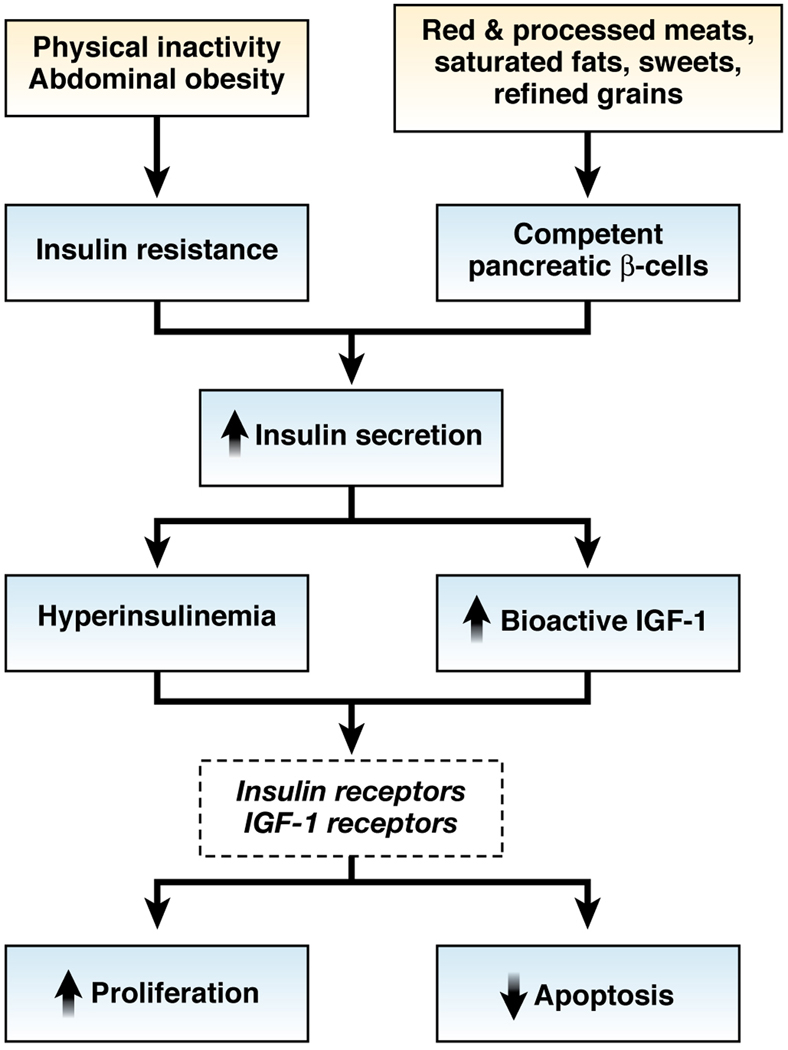Figure 2. Proposed inflammatory mechanisms relating diet, lifestyle, and medication use to colorectal cancer.
Dietary components (e.g. vitamin D and n-3 fatty acids), lifestyle factors (e.g. physical activity), and medications (e.g. aspirin, COX-2 inhibitors, NSAIDs), might have anticancer effects (red lines) whereas lifestyle factors such as obesity could promote cancer (black lines) through anti-inflammatory mechanisms that are largely mediated through inhibition of the COX-2 enzyme. COX-2 could be upregulated by inflammatory or oncogenic stimuli via inflammatory cytokines such as or interleukin-6 (IL-6) or others that induce nuclear factor κB (NF-κB). COX-2 converts membrane-associated arachidonic acid to prostaglandins, including PGH2, PGD2, PGF2α, PGI2 (prostacyclin), and thromboxane A2, as well as PGE2. In turn, PGE2 stimulates EP2, which upregulates transcriptional activity of β-catenin and activates the oncogene products phosphatidylinositol-3-kinase (PI3K) and the kinase AKT. PGE2 also stimulates EP4, which triggers phosphorylation of the epidermal growth factor receptor (EGFR),411 thereby activating PI3K, AKT, and the oncogenic RAS–mitogen-activated protein kinase (MAPK) cascade. PGE2 stimulation of PI3K signaling also activates the transcriptional activity of the peroxisome-proliferator–activated receptor δ (PPAR δ). These PGE2-induced signaling pathways induce expression of a number of genes, including the angiogenic factor vascular endothelial growth factor (VEGF), the anti-apoptotic factor Bcl-2, and the proliferation-promoting factor cyclin D1. Many of the downstream targets of PGE2 act in positive feedback loops to induce greater expression of COX-2 (green arrows). Aspirin and NSAIDs might also directly stimulate PPARs412, 413 and block phosphorylation of AKT.414 15-prostaglandin dehydrogenase (15-PGDH) inhibits PGE2 and thereby functions as a prostaglandin-degrading enzyme.415–417 Upregulation of prostaglandin synthesis increases urinary 11 α-hydroxy-9,15-dioxo-2,3,4,5-tetranor-prostane-1,20-dioic acid (PGE-M), the major metabolite of PGE2.418

